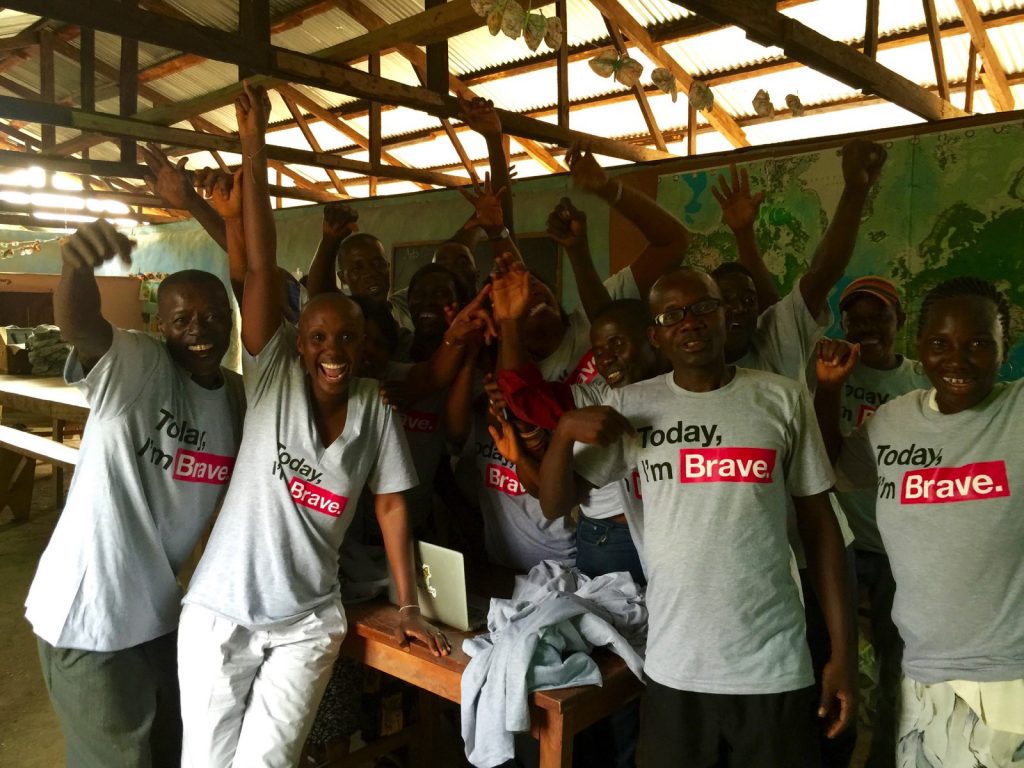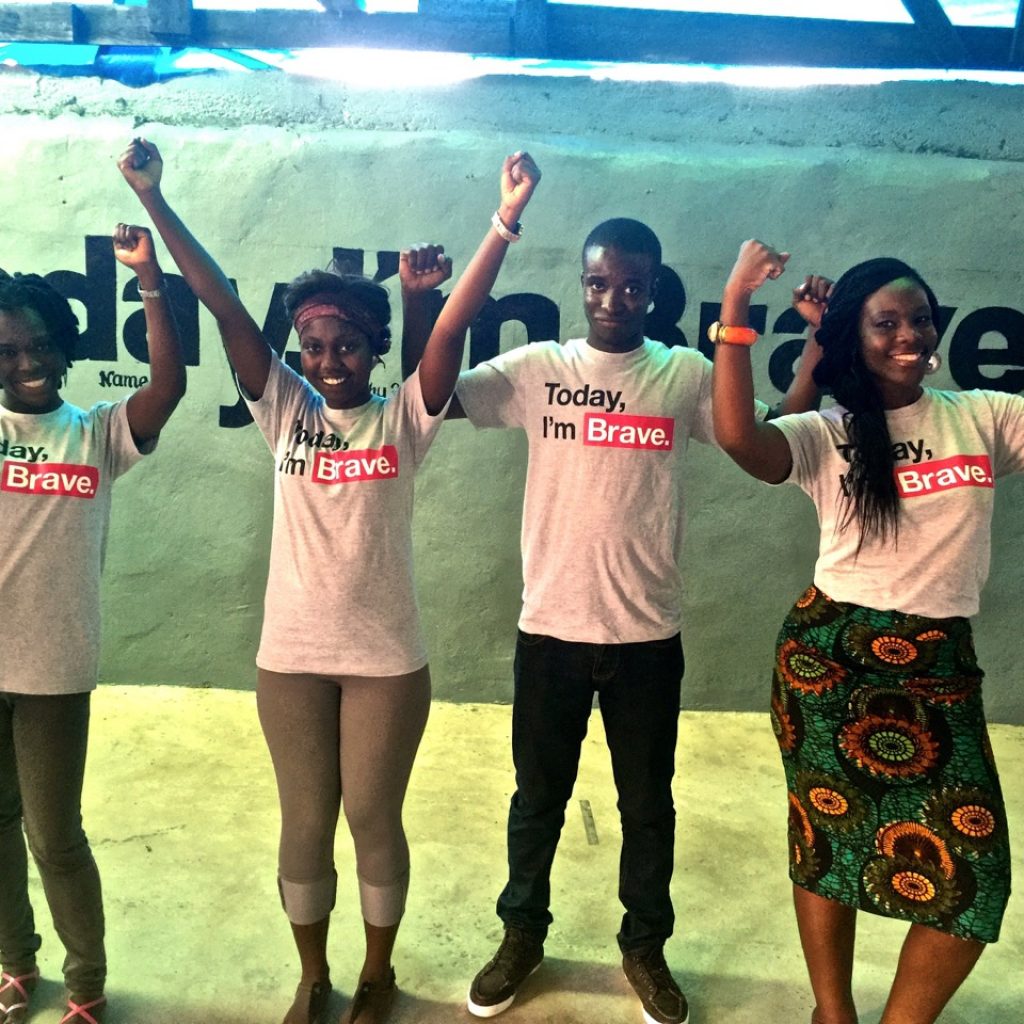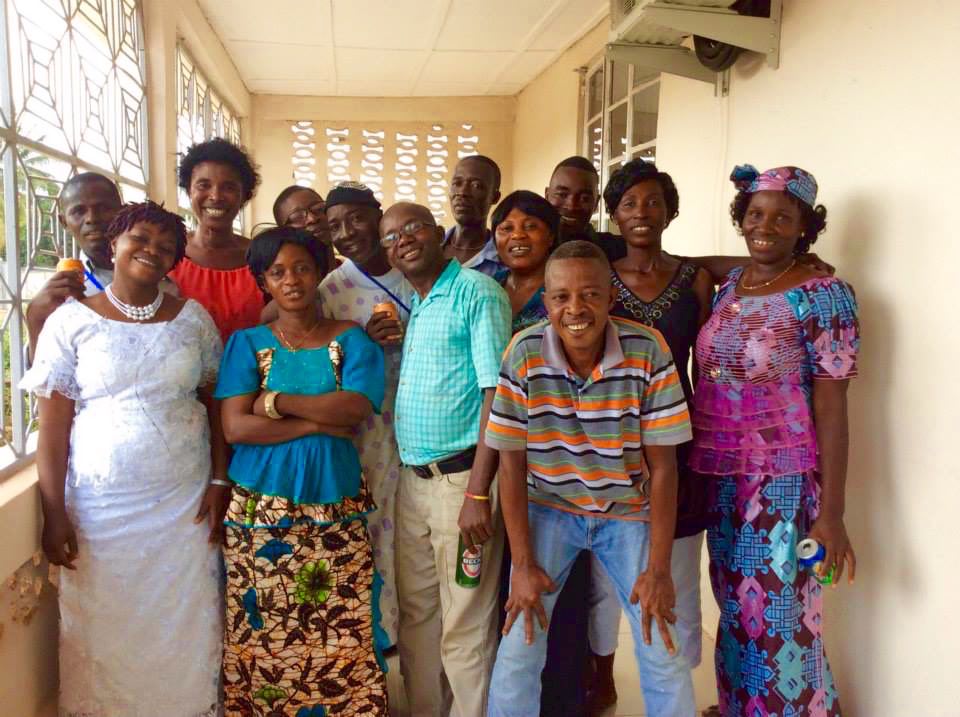The core intention of Project Lotus is to spread inner-dependence
and inter-dependence across Sierra Leone

Inter-dependence is the formation of cooperative and mutually beneficial interactions with other people and our environment.
DEPENDENCE
Dependence is defined as the state of relying on or being controlled by something or someone else. Dependence may take the form of over-reliance on the opinions of others’; dependence may be on donors, external humanitarian aid, or individual sources for financial or material support; dependencies may exist with drugs or other substance; or, individuals may be over dependent on other people’s ideas in determining their actions.
In the world of education, we often see over-dependence in the classroom setting, where students will automatically look to the teacher for approval–such as to seek confirmation of their findings on a science experiment, or receive validation on a creative narrative story the student is composing, or to figure out what they can do after completing a task. Supporting our students in developing their strong sense of self, allows them to become more confident, intuitive, and autonomous in their work. They will self-check their work, make deliberate decisions on how to craft and revise their stories, and have the intuition to take appropriate actions in the classroom to continue their learning.
In the world of humanitarian aid, we often see over-dependence on donors or external financial sources, at times to the extent that prevents individuals from being receptive to their own sense of self, true possibilities, and see the choices they can make in their lives.
INNER-DEVELOPMENT: DEVELOPING ONE'S SENSE OF SELF
Developing inner-dependence is developing an unmistakable sense of self. This involves having a deep understanding of who you are, and your unique identity and individuality. We learn that we are responsible for ourselves, our actions and our words.
Letting our inner-dependence guide us, we can take charge of our lives, become responsible for ourselves, and determine the areas that we can control and the options we have; we become aware of the areas in our lives we have influence and can take responsibility, including our health, well-being, and ability to progress toward attaining personal goals we set. We also gain insight over our ability to advocate for ourselves and for our the community in productive ways.
Once we establish an assured sense of self and are attuned to our authentic identities, we can learn to make our own choices: choices that are not driven by fear or by what others may want from us; we make choices based on our fuller sense of who we are, and who we want to be.



BUILDING THRIVING INTERDEPENDENT RELATIONSHIPS AND COMMUNITIES
We foster interdependence, the cooperative and mutually beneficial interactions with other people and our environment. We often best flourish when learning and growth are community processes, based on reciprocal connections and support.
When we exist within a supportive and encouraging environment, we find ourselves naturally responding to new situations with confidence and strength, and are more inclined to boldly take risks. We experience a sense of belonging, both within, in relation to those around us, and in connection to the larger world. This provides the scaffolding to freely participate in the transformative inner work of developing a healthy sense of self, and as the process beautifully unfolds, participate in the outer transformation that occurs as your inner sense of self guides the new and constructive ways in which you act in the world. As we grow our healthy interdependence, we find a strong balance in the give and take between ourselves and others, and between ourselves and the natural ebb and flow of life.
